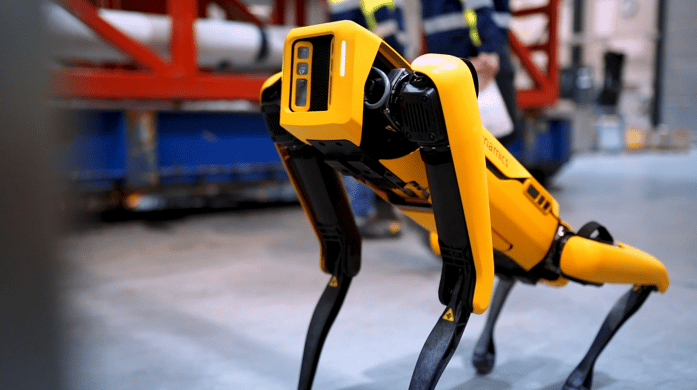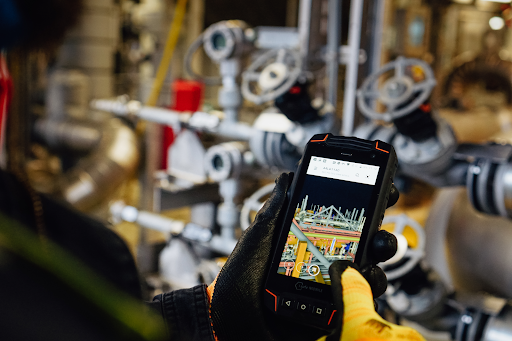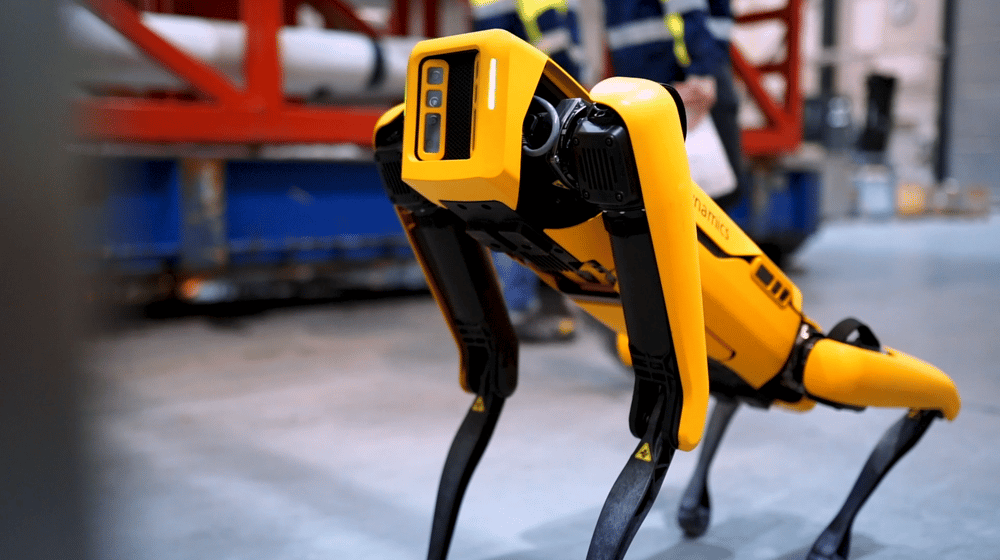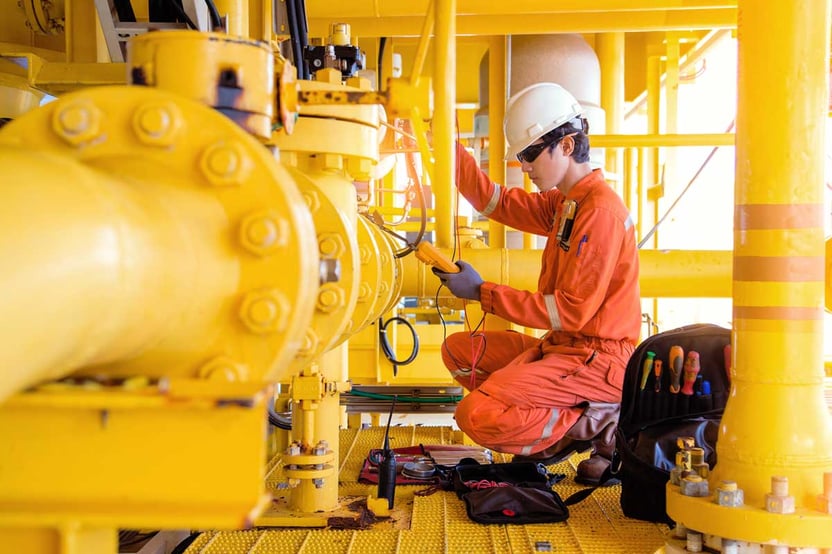
This article was originally published in the Journal of Petroleum Technology
By Dr. Francois Laborie, President of Cognite, North America
Don’t ask the talent pool if they’d like to sign up for a career as a petroleum engineer. Instead, ask them if they want to be at the forefront of the energy transition.
While the 150-year history of the oil and gas industry is a captivating tale of innovation and adventure, it’s not what’s going to attract future talent to the field. The energy industry is undergoing what is perhaps its greatest transformation to date. There is mounting pressure to decarbonize, technology is sparking radical change, and renewables are on everyone’s agenda. It is this very mix of challenges and opportunities that will attract the next generation of talent to the energy industry.
Attract Talent by Inviting Them to Be Part of the Solution
The Paris Agreement has become the official roadmap for the world’s decarbonization journey. A deadline has been set and we have about 30 years to completely transform the energy industry. Net-zero carbon won’t be achieved overnight, which means that oil and gas companies have a role to play in this transition. It requires a bold, new direction from a very senior, legacy industry. These changes are already happening in practice. From Europe to the US, energy providers are redefining their strategies, embracing technology in their operations, and using data from across their assets to uncover efficiencies and make more informed decisions.
To feed a power-hungry global population, we still require a variety of energy sources to satisfy the demand. This means that fossil fuels haven’t yet reached their expiration date. In the immediate future, the oil and gas operators will need to embrace more sustainable and efficient ways of doing things to meet the increasingly stringent standards placed on them. At Cognite, we have been working with partners like Aker BP and Framo to uncover just how much waste and emissions can be reduced by deploying digital technology. The results show that through the secured sharing of live data between the two companies, maintenance needs were reduced by 30%, shutdowns by 70%, and overall pump availability increased by 40%, all through the smarter use of data.

This is where the next generation of talent comes into play. It is our task to lure these top-caliber fresh graduates away from the likes of Google and Facebook and bring them into the energy fold. Once you are armed with a workforce that understands engineering, its applications, and the power of the data generated, you are well-equipped to achieve those efficiencies that you are determined to gain.
Accelerate Your Competitiveness by Leading in Digitalization
With a talented workforce in place that understands the power of technology, you face an endless list of opportunities to be seized. From sensors, to robots, to drones—the data is flowing from across your operations, and it holds all the insights you need to give you that competitive edge. By extracting it from the assets and pulling it all together, energy companies can see their operations holistically, leading to better and more informed decision-making. Imagine an instantaneous view on emissions or precise information on the integrity of an asset. This is transformation from the inside-out.
At Cognite, we are diving headfirst into the world of industrial artificial intelligence. We are exploring how robotics systems can be used to make offshore operations safer, more efficient, and more sustainable. In collaboration with Aker BP and Boston Dynamics, we have been testing robots and drones in the Norwegian Sea this year. These robots are doing things such as underwater inspection, responding to leaks, and doing work that is unsafe for humans. It is a step into the future, one in which robots can do more high-risk, mundane tasks while humans tackle the creative challenges. It is saving time and money for the operator, all while keeping people safer. Spot the quadruped robotic dog, recently returned from the Skarv installation, pioneered a remote-controlled offshore mission for Cognite and Aker BP and signaled a significant opportunity to transform the oil and gas industry worldwide through data.

The margins for the energy industry are only getting tighter, and companies need to find ways to cut costs at the same time as ramping up on sustainability efforts. I see this as a two-for-one special, because through digitalization you achieve both. Waste can be reduced, processes can run smoother, communication can cut through the silos, and safety can be enhanced. The ripple effects of running a digitalized operation are endless, enabling the energy industry to achieve much-needed stability and compete more effectively.
Retain the Best People Through a Shared Vision of a Greener Future
Climate change is the number-one global issue we face today; it is no longer a question of “if” but rather “when” and “how fast.” Being a part of halting this change in its tracks gives meaning to your work. It gives a sense of purpose; you are doing something for the greater good. The oil and gas roadmap leads to this end, and most energy companies today are preparing for an inevitable shift to renewables. They don’t plan to fade out into the sunset, as a blip in our fossil fuel history. Rather, these companies are “energy” companies at their core. They just need to find a new source of it.
Oil and gas companies have been around long enough to know what it takes to adapt to the times. They have seen the change coming, and they are motivated to meet it head on. Their infrastructure bears similarities with that of offshore wind, and much of their engineering competence can be reallocated to this endeavor. Solar power is promising, and the combined capacity of both sun and wind shows enormous potential to be a main supplier to the grid. The future looks brighter and greener, and this will keep your people inspired and moving forward.
Be a Part of One of the Most Radical Transformations of Your Lifetime
The world is moving fast toward a climate-friendly future, and the energy industry is no exception. Playing a role in something that is so monumental and so pivotal for the future can instill meaning and purpose in one’s career.
So, the next time you are facing an audience of university students, ask them if they want to make an impact on the world. Ask them if they want to be a part of reshaping an industry that is so critical and essential to everyone’s life. Ask them if they want to make lasting change that will chart the course for generations to come. My guess is that they’ll put your company at the top of their list.
